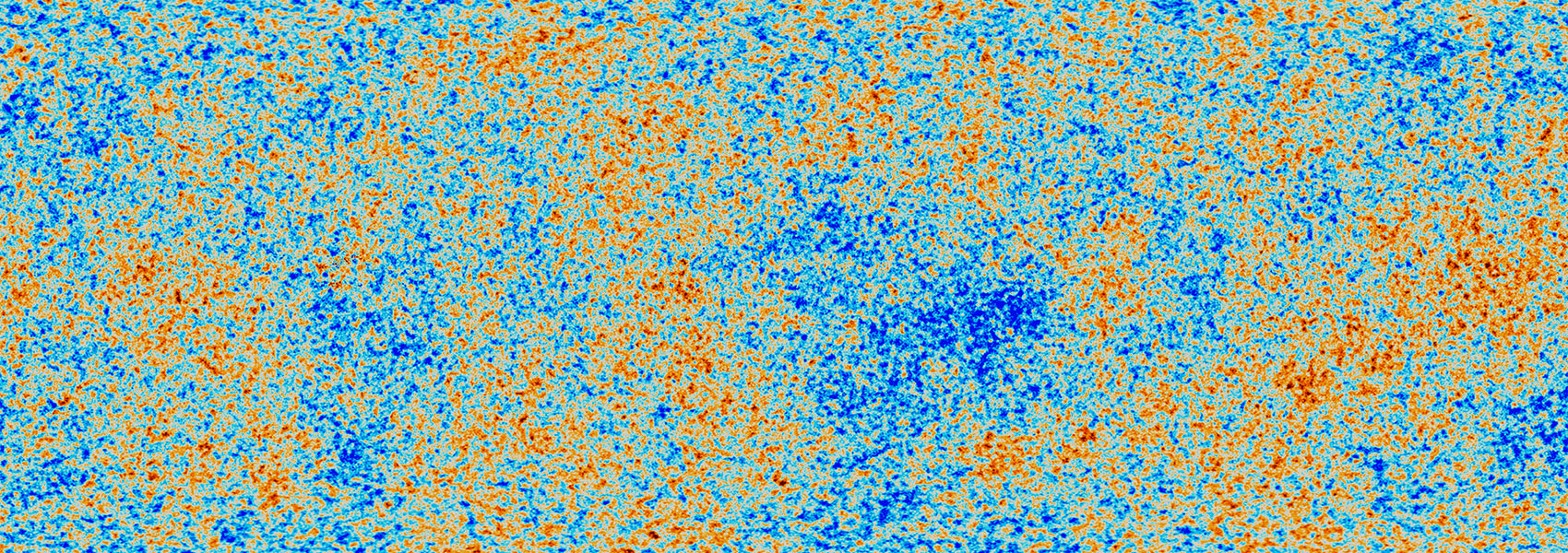
Mike Lund (Caltech/IPAC): Reducing Errors in Derived Planetary Radii Caused by Undetected Stellar Companions via Adaptive Optics
Title: Reducing Errors in Derived Planetary Radii Caused by Undetected Stellar Companions via Adaptive Optics
Abstract: The calculated planet radii for TESS Objects of Interest (TOIs) presume that the stellar flux collected is only coming from known stars. However, any undetected stellar companions will provide additional flux and result in the transit depth being underestimated, leading to the planet radius also being underestimated. Radial velocity follow-up can identify companion stars on short orbits, and high-resolution imaging can identify companion stars with sufficient angular separations. There remains, however, a population of stellar companions that cannot be detected by either of these methods, and will still cause planetary radii to be underestimated. If the planet radii are larger than inferred from the transit depths alone, this can lead to a significant overestimation of the planetary density, and thus, for planets that are close to the boundary between rocky and gaseous planets, quantifying the frequency and properties of unknown stellar companions is critical to our understanding of planetary properties. We explore the likelihood of the presence of companions that may have escaped detection after vetting with AO imaging and the impact these potentially undetected companions have on derived planetary radii.
- Date: 12:15 PM, January 22nd, 2020
- Location: Morrisroe 102 (Large Conference Room)
- Category: Science Talk


